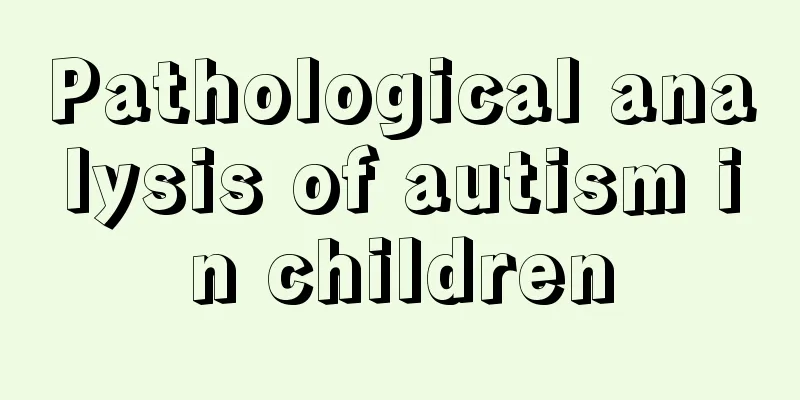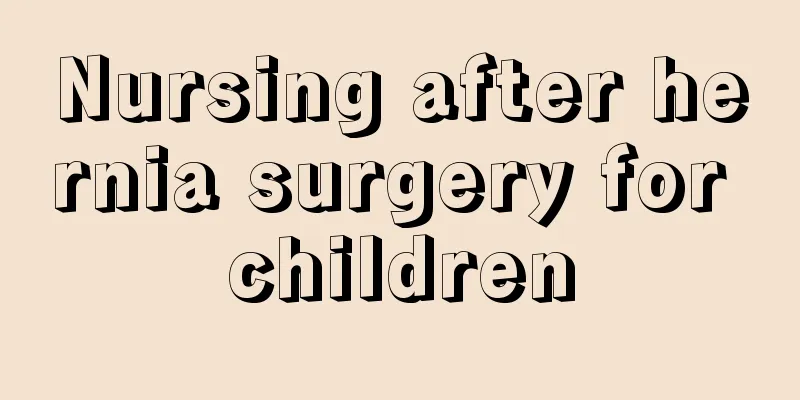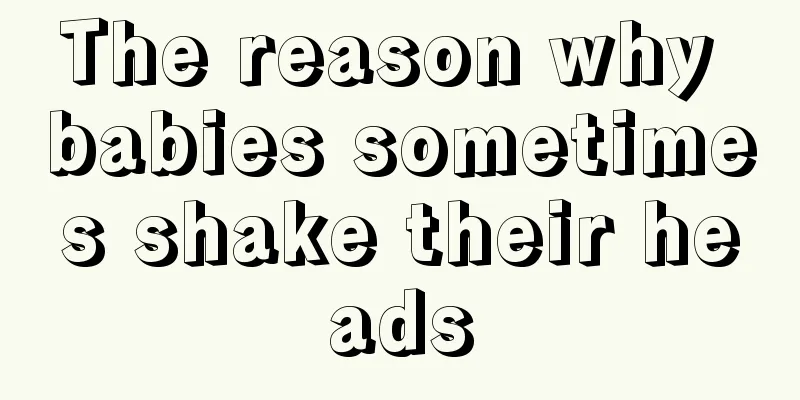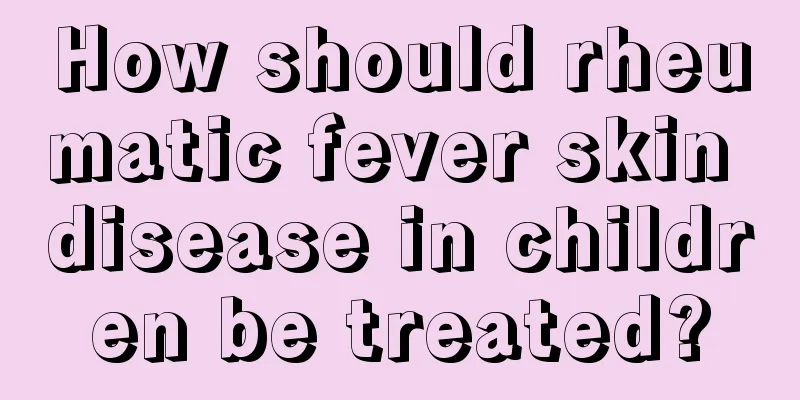Pathological analysis of autism in children

|
Every parent hopes that their children can develop well and grow up healthily. However, there is a situation where children have developmental disabilities and cannot grow up as healthily as other children. The main manifestations are varying degrees of speech development disorders, interpersonal communication disorders, narrow interests and stereotyped behaviors, accompanied by obvious mental retardation. Some children have good abilities in certain aspects against the background of general intellectual disability. This is actually the cause of autism in children. Causes of disease: 1. Genetics: The role of genetic factors in autism has become clear, but the specific mode of inheritance is still unclear. 2. Perinatal factors: Various perinatal complications, such as birth trauma and intrauterine asphyxia, are more common than in the normal control group. 3. Immune system abnormalities: decreased number of T lymphocytes, decreased number of helper T cells and B cells, deficiency of inhibitory-inducing T cells, decreased activity of natural killer cells, etc. 4. Neuroendocrine and neurotransmitters: related to various neuroendocrine and neurotransmitter dysfunctions. Studies have found that the monoamine systems of autistic patients, such as serotonin (5-HT) and catecholamines, are immature, and the pineal-hypothalamic-pituitary-adrenal axis is abnormal, leading to increased 5-HT and endorphins and decreased secretion of adrenocorticotropic hormone (ACTH). Although there are many intervention methods for autism, most of them lack evidence-based medicine. There is no optimal treatment plan yet, and the best treatment method should be individualized. Among them, education and training are the most effective and main treatment methods. The goal is to promote the patient's language development, improve social interaction skills, and master basic life skills and learning skills. Because autistic patients are generally unable to adapt to life in ordinary kindergartens before school age, they receive education and training at home, in special education schools, and in medical institutions. Children with autism have speech development disorders, interpersonal communication difficulties, narrow interests and stereotyped behaviors due to the disease, which are different from those of ordinary children. We must not discriminate against or exclude them for this reason. We should try to communicate with them more, give them more patience and care, and help them recover as soon as possible. |
<<: Diet therapy for recurrent cough in children
>>: What is the best way to treat pneumonia?
Recommend
What's a good breakfast for kids? 7 Foods Rich in Nutrients
Children's health has always been the top con...
Causes of recurrent asthma attacks in children in autumn and winter
Children are more likely to experience symptoms o...
Recipe for 10-month-old baby
The growth and development of a baby cannot be se...
White spots on baby's lips?
Many mothers will find that after feeding their b...
Can children take a bath when they have chickenpox? What are the precautions?
The older generation would not allow their childr...
What should I do if my child has a high fever and convulsions?
If a child has a high fever and is also convulsin...
What are the treatments for cough in children?
Children are prone to coughing when they are youn...
What should I do if my baby has meningitis and fever?
Many children with meningitis may often have symp...
Diaper rash
Many new parents become very anxious when they fi...
What are some appetizer recipes for 2-year-old babies?
Nowadays, material living conditions are getting ...
Will the baby have diarrhea if his feet are cold?
In daily life, whether it is adults or children, ...
The dangers of cerebral palsy
Cerebral palsy is a disease that can cause great ...
What are some skating techniques for children?
Nowadays, ice skating is a very popular sport, es...
What causes neonatal dacryocystitis?
What causes neonatal dacryocystitis? The birth of...
How to treat school phobia?
It is the beginning of another school year. Many ...









